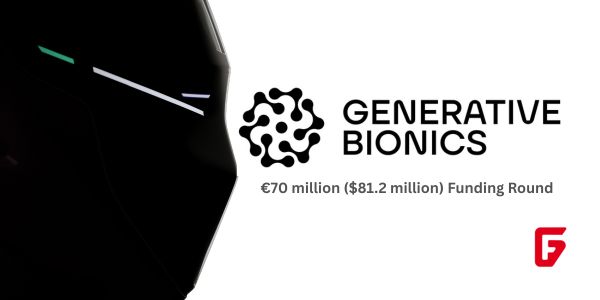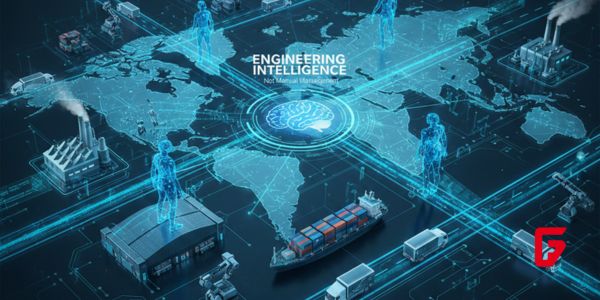Seattle’s commercial space industry is exploding thanks to leadership from Amazon, Boeing, and SpaceX, driving job growth, investment, and new technologies.
Startups led by former SpaceX, Blue Origin, and Boeing engineers are creating breakthroughs in satellites, rockets, and space services—fueling a region-wide innovation boom.

Seattle is no stranger to industry reinvention. Known globally as the birth city of Microsoft and Amazon, the Pacific Northwest is now proving that its spirit of innovation extends far beyond software, cloud computing, or e-commerce. Over the past few years, Seattle has rapidly become the “satellite capital of the world,” and the catalyst has been the unlikely collaboration—and healthy competition—between tech titans like Amazon, historic aerospace leaders like Boeing, and disruptive space newcomers led by SpaceX.
The Emerald City’s transformation into a space industry hub is not by chance. It was seeded by decades of aerospace legacy—a skilled workforce, a robust supply chain, and a risk-tolerant climate that encourages experimentation. But the real rocket fuel? The entry of big technology firms with their bottomless resources, relentless pace, and ability to attract top engineering and business talent.
Seattle’s deep pool of hardware, aerospace, and AI experts gives companies like Amazon’s Project Kuiper (the tech giant’s high-profile satellite internet initiative) and Boeing’s satellite division a major edge in solving the hardest engineering challenges. The region is also a magnet for entrepreneurs and top venture capital, giving rise to dozens of ambitious startups each year.
Arguably, nothing has impacted Seattle’s space economy more than Amazon’s massive push into commercial satellites. With over 2,000 employees dedicated to Project Kuiper’s mission, Amazon is racing to deploy a mega-constellation of satellites that will bring broadband internet to remote areas worldwide. The scale is staggering: The company is investing hundreds of millions in satellite manufacturing, facility construction, rocket launches, and partnerships with global aerospace suppliers.
The project’s momentum is so fierce that Amazon even struck launch deals with its rival, SpaceX—demonstrating that in the emerging space economy, yesterday’s competitors are today’s collaborators when the goal is ambitious enough
Meanwhile, SpaceX, long headquartered in California, has quietly built deep roots in Seattle. Much of its satellite engineering and production happens right in the city, fueling over 2,000 local jobs and making Seattle a centerpiece of the Starlink broadband network. SpaceX has cemented itself as the global pace-setter in launch cadence, satellite deployment, and reusable rocket tech.
Seattle’s talent pool has been so crucial to SpaceX’s success that other companies are taking notice—poaching talent, forming partnerships, and building on the foundation Musk’s teams have created.
Despite the recent challenges faced by Boeing’s Starliner program, the company remains a force in the region. What’s changed is the steady stream of engineers and mission leads spinning out of Boeing (and Blue Origin) to found disruptive startups of their own. This “space entrepreneur flywheel” has produced a new generation of Seattle-based ventures working on everything from reusable launch vehicles to space station modules, in-orbit servicing, and satellite cybersecurity.
Startups like Stoke Space and Gravitics are drawing venture capital in the millions, winning government contracts, and attracting top-flight talent, all while maintaining the region’s reputation for pushing technological boundaries.
Seattle’s ecosystem is thriving not just because of high-profile brands, but due to a collaborative culture and access to education. The city’s universities, accelerators, and public-private partnerships are turning out the next generation of rocket scientists, AI specialists, and business leaders. As a result, job postings at space companies in Washington state rose over 30% in the past year alone.
With more than 7,000 satellites built or planned locally, billions in fresh investments, and a growing web of partnerships, Seattle has established itself as the place for the future of commercial space. Whether it’s broadband satellites that shrink the digital divide, reusable rockets that lower launch costs, or new business models nobody predicted, the city’s unique blend of legacy, ambition, and disruptive energy ensures its place at the center of the world’s new space race.

Editorial Team
futureTEKnow is a leading source for Technology, Startups, and Business News, spotlighting the most innovative companies and breakthrough trends in emerging tech sectors like Artificial Intelligence (AI), Robotics, and the Space Industry.
Discover the companies and startups shaping tomorrow — explore the future of technology today.

Generative Bionics, an Italian spin-out from IIT, is building Physical AI–powered humanoid robots to tackle labor gaps and modernize industrial

This article explores 10 AI-driven supply chain optimization companies to watch in 2026, highlighting how their platforms improve forecasting, logistics,

AWS frontier agents introduce a new era of autonomous AI coders that can build, secure, and run applications for days

Explore the cutting-edge ways AI is enhancing Lean Six Sigma, from real-time process insights to predictive controls, ushering in a

Facing supply chain challenges in 2025? High-performing teams leverage AI for risk management, demand forecasting, supplier analytics, and end-to-end visibility

Craft an AI-powered supply chain Center of Excellence that unifies control tower visibility, analytics, and inventory optimization into one strategic

Supply chain leadership is being redefined by AI, intelligent automation, and agentic decision-making, demanding leaders who can engineer end-to-end intelligence

WisdomAI has closed a $50M Series A led by Kleiner Perkins and Nvidia’s NVentures to turn fragmented enterprise data into

Dutch agri-tech startup Saia Agrobotics has raised €10M to expand its greenhouse automation system using AI-powered robots that make farming

Bridgit Mendler’s Northwood Space is pioneering mass-produced ground stations, enabling scalable, high-speed connectivity for the new era of satellite networks

SpaceX aims to nearly double launches from Vandenberg in 2025, facing support from federal agencies but strong objections from the

Traditional Medicare will pilot AI-assisted prior authorization in 2026 across six states, focusing on high-risk outpatient services. Clinicians retain final